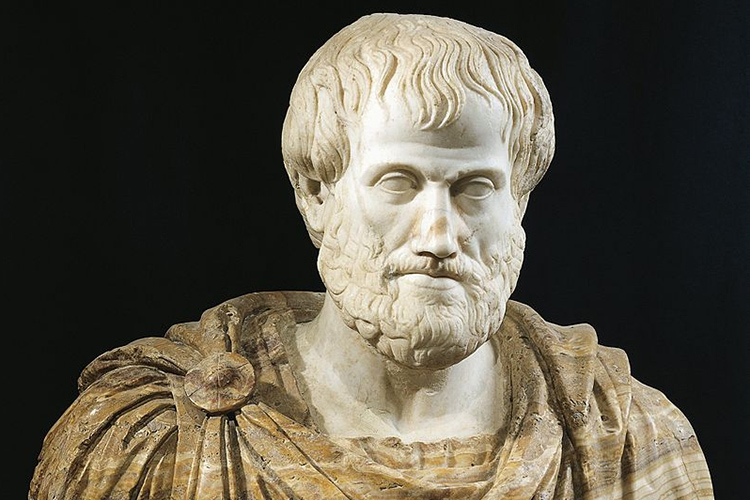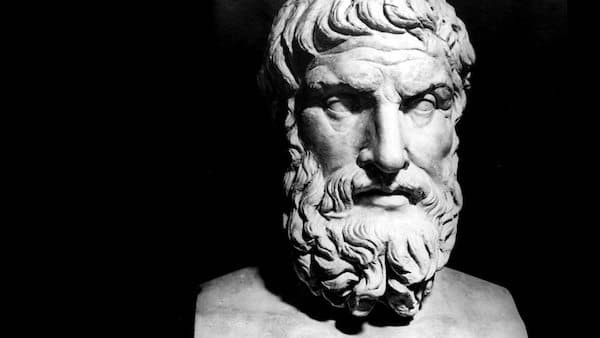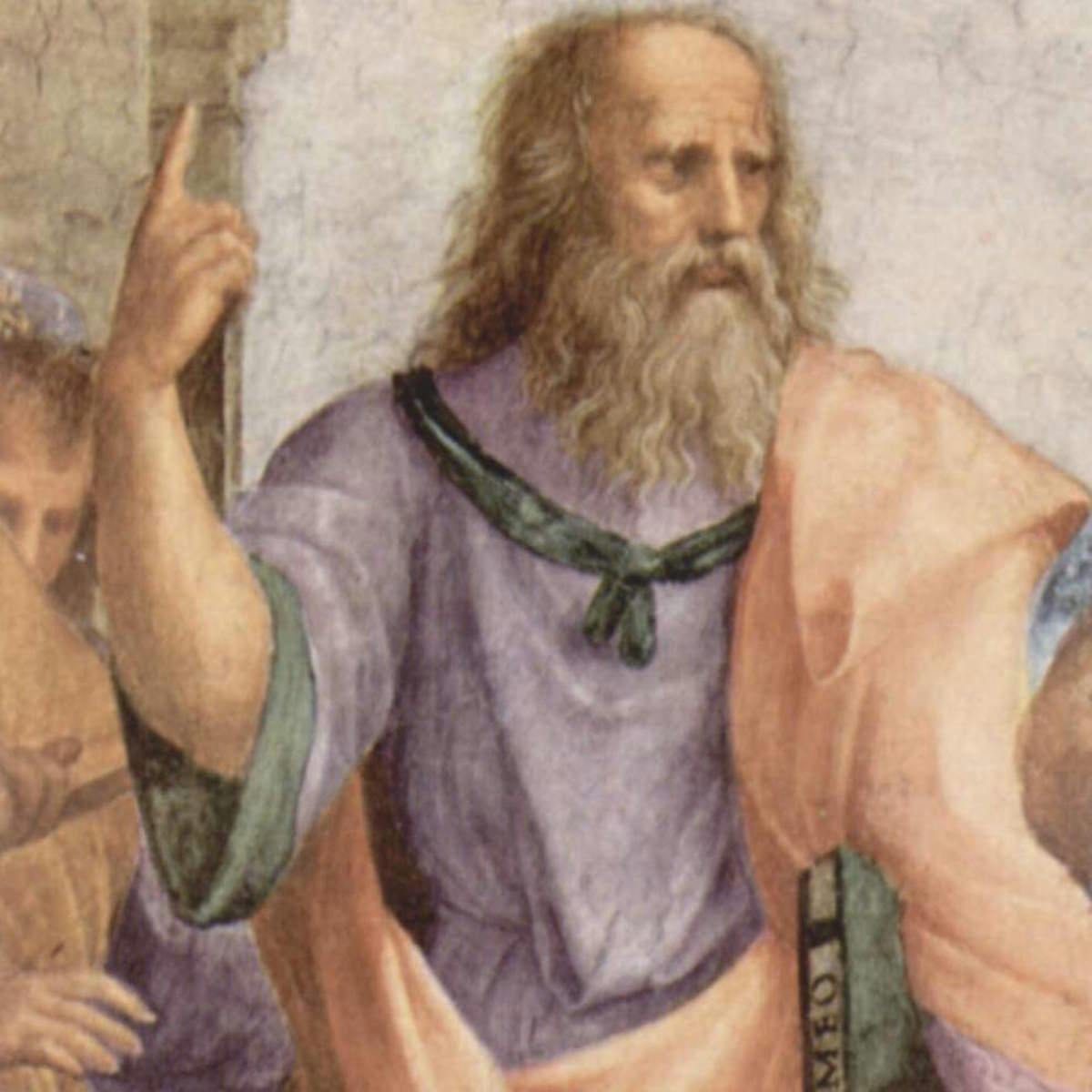Highlights
- Socrates is known as one of the greatest philosophers and is most well-known for the Socratic method
- Confucius is known for his works on personal and governmental morality, the correctness of social relationships, justice, and sincerity. His ideology is still taught and followed by people
- Epicurus did not distinguish between men and women and allowed women to attend his classes.
Liberalism, Political Ideology, and Justice would seem like terms that were brought into focus around the 18th and 19th centuries, but actually, these thoughts of political, economic, and personal duties were introduced by many greatest philosophers much earlier.
Top 10 Greatest Philosophers
1. Aristotle

The father of western philosophy, the founder of the Lyceum, and many other such titles are used for the well-known philosopher Aristotle. The writings of this philosopher changed the way that people looked at their surroundings, to the point that people feared the changes that this scholar made. This multi-talented Greek philosopher wrote and talked about almost all the subjects that existed during that period. From physics to political issues to economics, this man was well-versed in all. His findings and writings are still used as a reference by many greatest philosophers, historians, and physicians. Even after all these years, his findings are still considered remarkable.
2. Immanuel Kant

Immanuel Kant, a German philosopher, ranks the seconds in the list of most valued philosophers in the world. Kant’s view on epistemology, ethics, political theory, and the post-modern field of aesthetics still influence many greatest philosophers, and his works are still revised and looked into.
One of his most popular ideologies was about the “things-in-themselves”. He stated that it’s our mind that shapes, structures, and evaluates all experiences. This is because the mind is the source of morality. His prominent works include the Universal Natural History (1755), the Critique of Practical Reason (1788), the Metaphysics of Morals (1797), and the Critique of Judgment (1790), which looks at aesthetics and teleology.
3. John Locke

The father of Liberalism, John Locke is still viewed as the first British Empiricist. His works had a major impact on the field of epistemology and political philosophy. John Locke’s works even played a huge role when the US declared its independence. “Whatever I write, as soon as I discover it not to be true, my hand shall be the first to throw it into the fire.”, this quote spoke a lot about his belief in empiricism.
4. Epicurus

When speaking about life, we always tend to think of these two quotes – “No matter what happens, enjoy life, because you only get one and it doesn’t last long”, and “It is impossible to live wisely and well and justly without living a pleasant life.”
Epicurus was the person who created these quotes and preached them to his students. Being influenced by philosophers like Democritus, Aristotle, Pyrrho, and Cynics, he set up his school as a stand against the Platonism of his day, where he discussed various topics. Unlike other philosophers, Epicurus did not distinguish between men and women and allowed women to attend his classes.
5. Zeno Of Citium

Zeno of Citium is the founder of the Stoic school of philosophy. His ideology mentions the importance of goodness, virtue, and peace of mind, which can only be perceived when one lives in harmony with nature. This Hellenistic philosopher of Phoenicians divided philosophy into three parts – logic, physics, and ethics.
Also Read – The Top 10 Greatest Kings In The World’s History
6. Plato

The founders of Western religion and spirituality, the inventor of the written dialogue and dialectic forms in philosophy, and the student of the most renowned philosopher Socrates, Plato is a name known to all.
He is known for his theory of “Forms known by pure reason”, where he gave the concept of Platonism (independence from any sort of obligations in the physical world).
7. Confucius

Confucius is known for his works on personal and governmental morality, the correctness of social relationships, justice, and sincerity. His thoughts are still taught and followed by people. His teachings still have a huge impact on people around the world due to their strong sense of political and personal duty to oneself and one’s nation.
8. David Hume

David Hume earned his place as a British Empiricist amongst other greatest philosophers like John Locke, George Berkeley, Francis Bacon, and Thomas Hobbes. He was famous for his theoretical approaches on topics like philosophical empiricism, skepticism, and naturalism. His ideas influenced Immanuel Kant.
9. Rene Descartes

Rene Descartes is one of the founders of modern philosophy and the father of geometry. He founded 17th-century continental rationalism, which was later advanced by Spinoza and Leibniz. Even though his main field of work was physics, he contributed to science and mathematics as well. Descartes’ “Meditations on First Philosophy” is still read by university students in philosophy departments.
10. Socrates

The teacher of Plato and Xenophon, Socrates has earned his place as one of the founders of Western philosophy and the first moral philosopher belonging to the Western ethical tradition of thought. He influenced his students so much that most of their works included their master’s names.
His style of teaching—immortalized as the Socratic method— is something that many teachers nowadays forget. Under this style of teaching, the students would teach themselves and he would only guide and correct them. Socrates stated that one should discover and pursue their life’s purpose.
For more related posts, visit Discover.










